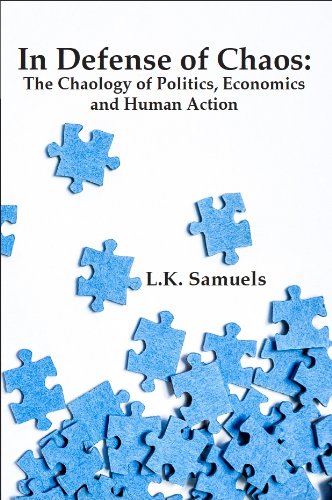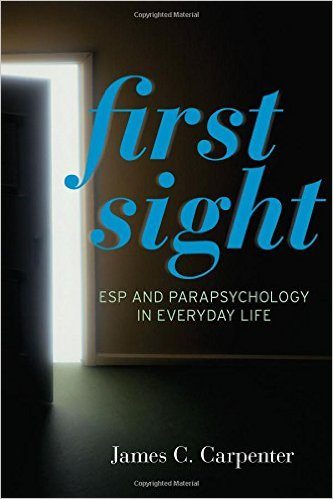Unified Field Theory
In Phil Bouchard’s new book, Unified Field Theory Finite, he describes a concept that appears to overthrow a theory of one of the most brilliant and original thinkers of the twentieth century. He argues that the general theory of relativity (as distinct from the special theory of relativity, which does not involve gravity) contains pitfalls and makes it less than perfect to explain the space-time continuum including gravity. He brings into play intense integral expressions that tend to bind certain aspects of relativity. He proceeds to introduce his own mathematical expressions without regard to their derivation. These tend to crowd out the verbal points he tries to make.
Bouchard describes the famous concept of relativity of simultaneity, which involves two separate events that may appear to occur simultaneously to one observer, but not to another. I would have liked to have seen a discussion of mass-energy equivalence given by the famous equation: E=mc2.
While Bouchard does include the Lorentz Transformations in his introductory argument, I would have savored other, even more profound mathematical approaches to help solidify Bouchard’s position. His view in his comparative expressions that account for time differentials lacks something. Also, Albert Einstein waited for nearly half a century for the opportunity to prove the general theory. I wonder what sort of empirical demonstration Bouchard had in mind that would reveal the truth behind the Unified Field Theory?
Although I would be challenged to testify to the authenticity of many of these complex, integral calculus expressions, it appears to be mathematical overkill. Also noted, eight books in a bibliography of this magnitude tends to be a little skimpy. In addition, it would seem that the work would take a certain amount of verbiage to sustain arguments. A more sophisticated, verbal argument, even though failed, would have raised my appreciation of the effort.
I think that Bouchard is very serious in his pursuit of truth with respect to Einsteinian thinking. He believes that there are various loopholes in relativity that he can patch by redirecting certain elements of his argument to favor the new one he wishes to introduce. He appears to take a serious look at dark energy, which, in itself, is a fascinating topic of discussion, but it bears no reference to relativity because it was not even a concept in 1905.
Many of the “proofs” of fallibility of relativity rest on vague variables that, in themselves, don’t mean too much. An example is found in 3.7, Test of the Invariance of c. I would have preferred to see an outside reference to support this contention. As it turns out, only five citations were noted.
Even though Bouchard does not hold any advanced degrees or certificates from prestigious universities, the author posed an interesting consideration. I found the book entertaining, but lacking in its mathematical predilection. Despite this, I was actually very impressed with his discussion of the Schwsarzschild radius, also known as the black hole radius. He provides several, relatively simple equations to help define it. His system of diagrams and mathematical testimony give some of his arguments credence. Perhaps some outside criticism from a scholarly source might help this author see the light at light speed.
| Author | |
|---|---|
| Star Count | 3/5 |
| Format | Trade |
| Page Count | 62 pages |
| Publisher | AuthorHouse |
| Publish Date | 10-Aug-2015 |
| ISBN | 9781504927154 |
| Bookshop.org | Buy this Book |
| Issue | December 2015 |
| Category | Science & Nature |
| Share |







Andrew Crowe –
100% crackpot